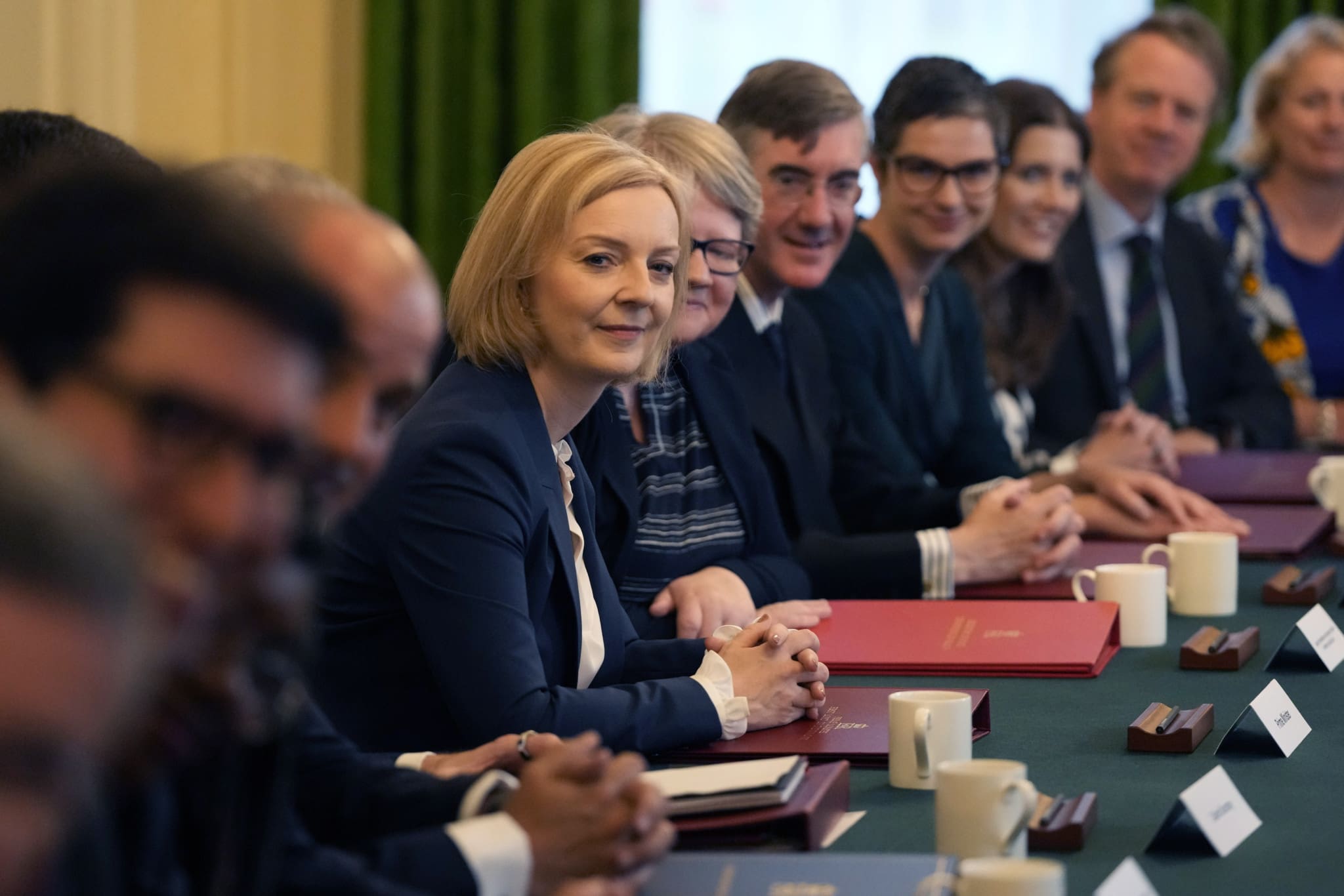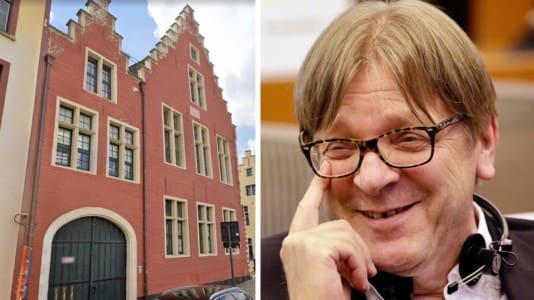Liz Truss has appointed allies to key cabinet positions as the new U.K. prime minister formulates her first administration tasked with tackling the energy crisis that envelops Britain.
Long-time ally Kwasi Kwarteng has been named chancellor, replacing the outgoing Nadhim Zahawi; James Cleverly will head up the Foreign Office; and Suella Braverman has been rewarded for backing Liz Truss following her own exit from the leadership contest with the position of home secretary.
The appointments mean that for the first time in British history, none of the four great offices of state are occupied by a White man, a fact much of the British press has been keen to acknowledge.
Furthermore, Therese Coffey is the country’s new health secretary and will also serve as deputy prime minister, while prominent Brexiteers Jacob Rees-Mogg and Kemi Badenoch have accepted the roles of business secretary and international trade secretary, respectively.
In a statement on the steps of 10 Downing Street on Tuesday, Truss confirmed she had spoken with Queen Elizabeth II and had been asked to form a new government, a constitutional formality in the U.K. She pledged that her government would “transform Britain into an aspiration nation.”
Truss praised her predecessor Boris Johnson for his administration’s work in delivering Brexit and combating the coronavirus pandemic, and for its position on Ukraine; she promised that Britain can “ride out” the latest storm enveloping the country, namely the ongoing energy crisis.
The new Conservative government is expected to introduce measures in the coming days to tackle spiraling energy costs, with many in the media reporting on her plan to impose an annual price cap of £2,500 on household energy bills with the excess being subsidized by the state. Similar measures are expected to be introduced to alleviate the woes of small businesses and industry.
Truss revealed her top three priorities for government: to grow the economy, tackle the energy crisis, and improve the NHS. However, there was no mention of addressing a particular concern for much of the British public, tackling illegal immigration.
Former Home Secretary Priti Patel offered her resignation hours before Truss’ appointment, anticipating her removal from the Home Office.
“No home secretary in history has over-promised and under-delivered on such a scale,” remarked staunch conservative Nigel Farage of Patel. Her legacy will be overseeing record numbers of illegal immigrants arriving on the southeast English coast from the European mainland, and failing to effectively implement her Rwanda plan, which would have seen illegal immigrants deported to processing centers in the African nation, a plan she insisted was hindered by current human rights legislation.
Unlike the final two contenders, Truss and Sunak, Patel’s replacement, Suella Braverman, did not shy away from addressing this topic during the Conservative leadership contest, insisting that “leaving the European Convention on Human Rights (ECHR) is the only solution to solving the problem of illegal immigration.”
Meanwhile at the Treasury, Kwarteng will be tasked with steering Britain away from the economic turmoil caused by the pandemic, the war in Ukraine, and now the energy crisis.
“We are plainly likely to enter a long and perhaps quite severe recession, certainly the worst since 1990 and maybe the worst since before that,” remarked Ken Clarke, a former Conservative chancellor and longstanding Conservative MP, albeit one who has alienated himself from the right of the party.
No honeymoon lasts forever; however, it awaits to be seen as to whether Truss will enjoy one at all.





